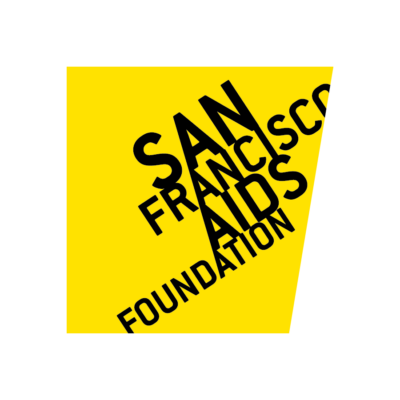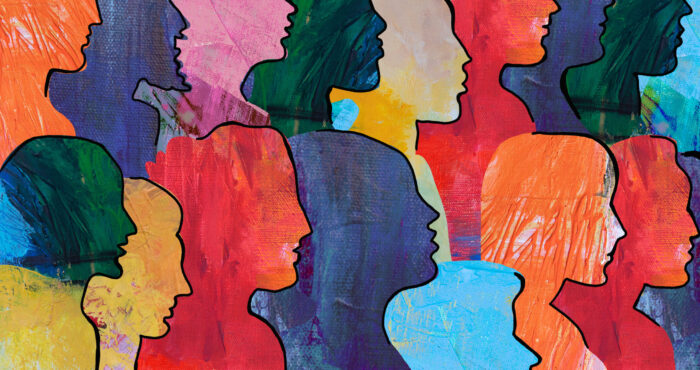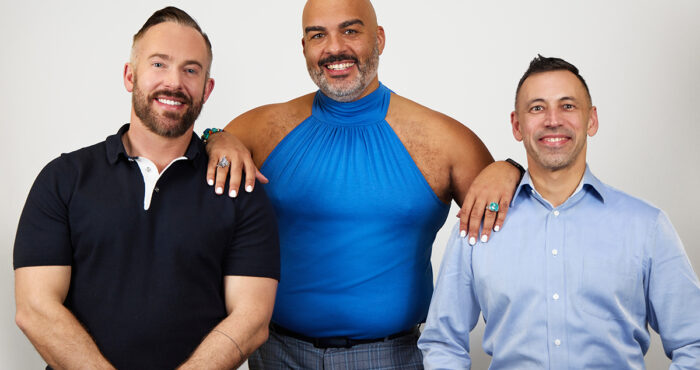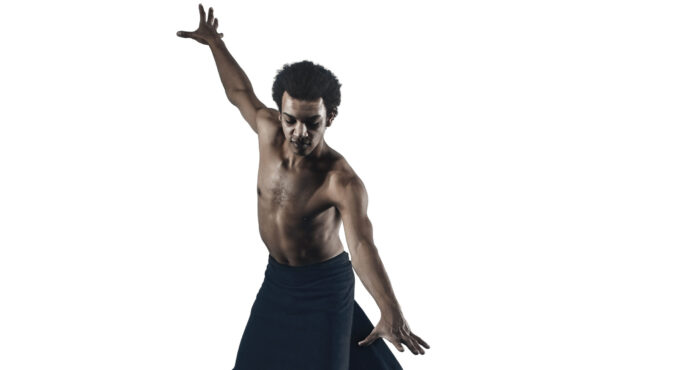A trans immigrant living with HIV finds hope and sanctuary in San Francisco
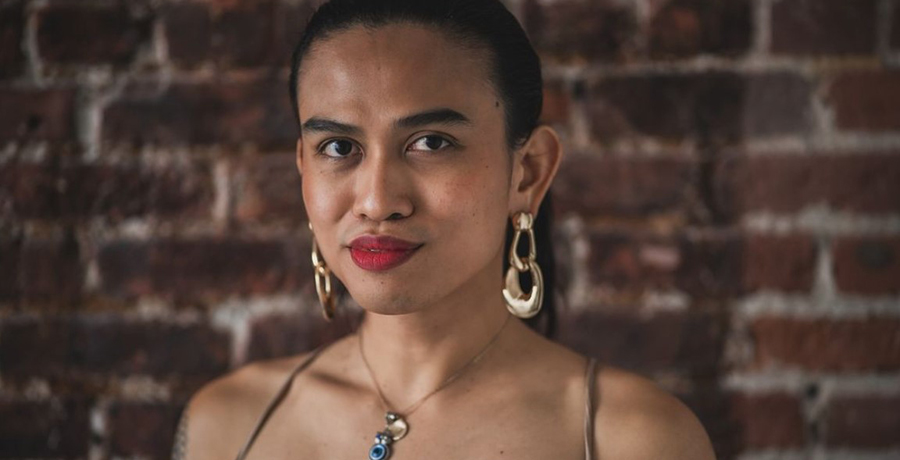
“I was in survival mode,” shared Kiki Lopez, as she recounts her first days in San Francisco about two years ago.
“At one point, I was struggling financially – literally so broke that I couldn’t afford food or a prepaid loan. As a result, I turned to sex work temporarily since I did not have many drag gigs yet and was just beginning to establish myself in the drag community. Additionally, I sought assistance from Project Open Hand for groceries. My malnourishment was evident from my physical appearance,” she added.
As a transgender immigrant living with HIV, moving to an unfamiliar city without a safety net, Kiki took an incredible risk to establish a better life for herself in our city by the Bay.
“It’s not safe to be transgender in the Philippines,” said Kiki. “And on top of that I had no health insurance in my home country. I had no mental health services. And I certainly did not have access to any gender affirming care. Maybe if you’re very wealthy you can access hormones and gender affirming surgeries, but otherwise you have to get them on the black or gray market.”
Kiki made the difficult decision to come to San Francisco after realizing she would never be fully accepted and able to live an authentic life in her home country.
“This city is a sanctuary for people like me,” she said. “For immigrants, for people living with HIV, and also for trans people who decide to transition.”
She knew the risk of coming to San Francisco would be well worth it, but her first few months in San Francisco were defined by anxiety and stress. Without a job, without health coverage, and only one remaining bottle of HIV medication, she felt lost, unprepared, and worried about her future.
Community organizations, including San Francisco AIDS Foundation (SFAF), played a critical role in helping Kiki take control of her life. In the Castro one day, she stopped in front of SFAF’s health and wellness center Strut, taking in the signs outside advertising free health and wellness services.
“I gathered up all of my courage, and went inside to ask for help,” she remembered.
Inside, she met with a clinician and and an HIV health navigator, who provided her with two months of HIV medications, linked her to long-term care, checked labs, signed her up for health insurance through MediCal, and provided referrals to gender affirming care and immigration assistance through the LGBT Asylum Project.
“Many clients come to us having faced so many challenges in their lives,” said Jonathon Salinas, lead PrEP & HIV benefits navigator at SFAF. “Whether that’s because of their gender identity, sexual orientation, citizenship status–or something else. When they come through our doors, we want to make sure they get the best possible care and that they don’t face any additional barriers. They’re not just a patient to use. They are a real person.”
Salinas said that the health navigators on his team take a holistic approach when first meeting with clients seeking care. “Navigators gather information, not only about medical history, HIV, and insurance, but about other social aspects of the person’s life. For instance, where are they living? Have they just immigrated to the U.S.? Do they have mental health needs, or substance use needs? We come up with a plan that includes other resources or referrals the person may need.”
“Getting those services really gave me hope, and helped me find a new life here,” said Kiki. “It was because of those services that gave me strength and my sense of belongingness here was validated. I felt like San Francisco was welcoming me home.”
From this point, Kiki was able to start putting the pieces of her life together. She came out as trans, and with health insurance, was able to begin gender affirming care. She applied for asylum with legal counsel through the LGBT Asylum Project. She now works as a community engagement coordinator at another local nonprofit, and spends her free time advocating for the needs of people living with HIV and growing her professional drag career as Mx Kiki Krunch. In 2023, she was honored by GAPA (GLBTQ+ Asian Pacific Alliance) as Ms. GAPA 2023.
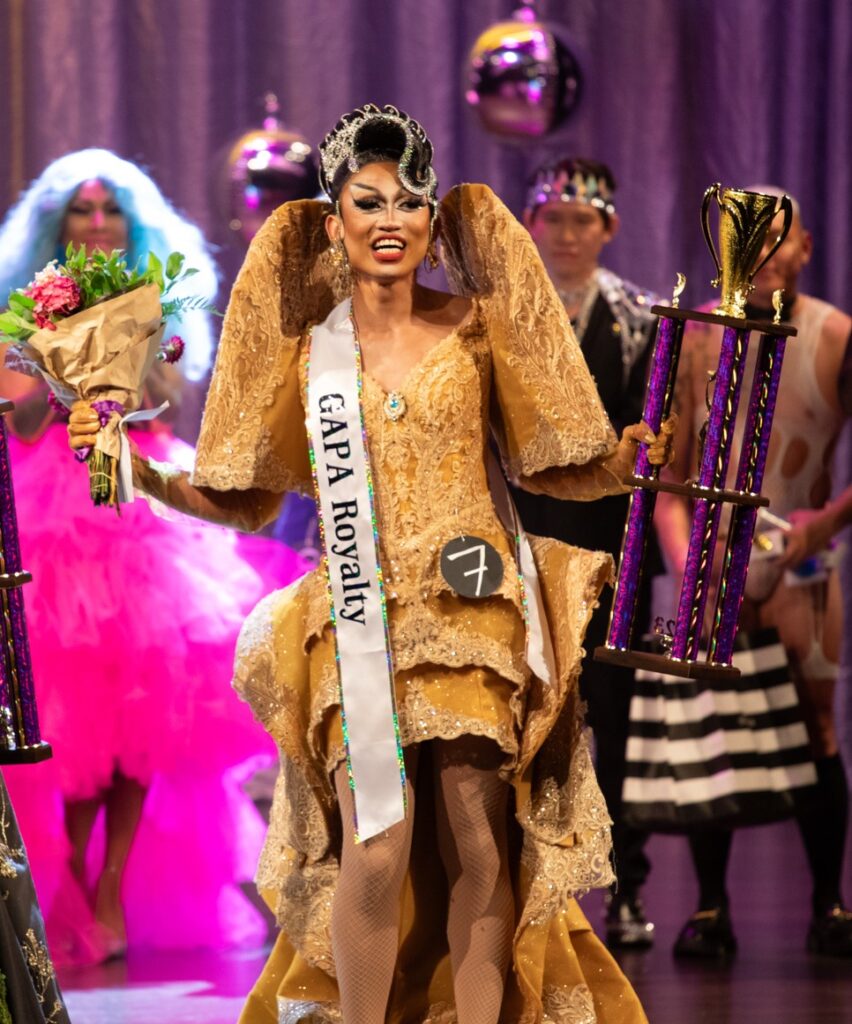
“I want to stay here in San Francisco,” she shared. “I get to experience and express my identity and uniqueness to its purest and highest form here. And with that, I do everything I can to give back–to my community and others who also are trying to build a life here.”






